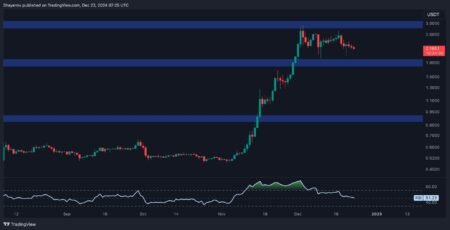Binance Australia Derivatives is facing a lawsuit from ASIC for failing to protect consumer information. The Australian financial regulator alleges that Binance misclassified retail investors as wholesale clients, leading to over 500 retail clients not receiving the necessary protections under Australian financial services laws. This misclassification occurred between July 2022 and April 2023, during a period of significant growth in the crypto market.
Retail clients in Australia have specific rights and consumer protection obligations under financial services laws, including access to product disclosure statements and compliant dispute resolution mechanisms. Binance Australia Derivatives failed to comply with these laws by not providing detailed product disclosures, having a complaint resolution system, or making target market determinations. As a result, ASIC claims that Binance did not offer financial products efficiently, fairly, or honestly to its clients.
ASIC Deputy Chair Sarah Court criticized Binance for exposing clients to high-risk and speculative products without adequate consumer protections in place. As a result of these failures, ASIC oversaw the payment of $13 million in compensation to affected clients by Binance. The regulator is now seeking penalties, declarations, and adverse publicity orders against Binance for its consumer protection failures and is committed to using its full range of regulatory and enforcement tools to ensure the safety of consumers in the digital asset sector.
In response to the lawsuit, Binance will likely face challenges in capturing large trading volumes due to the negative publicity surrounding the allegations. The company’s reputation may be tarnished, and potential clients may be hesitant to trade with a platform that has been accused of not protecting consumer information. As ASIC continues to push for stricter regulations and enforcement in the crypto industry, Binance and other digital asset platforms will need to prioritize compliance with financial services laws to avoid similar lawsuits and penalties in the future.
Moving forward, ASIC plans to work with the digital asset sector to improve regulatory clarity and ensure that consumer protections are upheld in the industry. By consulting with industry players and implementing stricter enforcement measures, ASIC aims to create a safer environment for investors in the crypto market. The lawsuit against Binance serves as a warning to other companies in the industry that failing to comply with financial regulations can result in significant penalties and reputational damage.



















